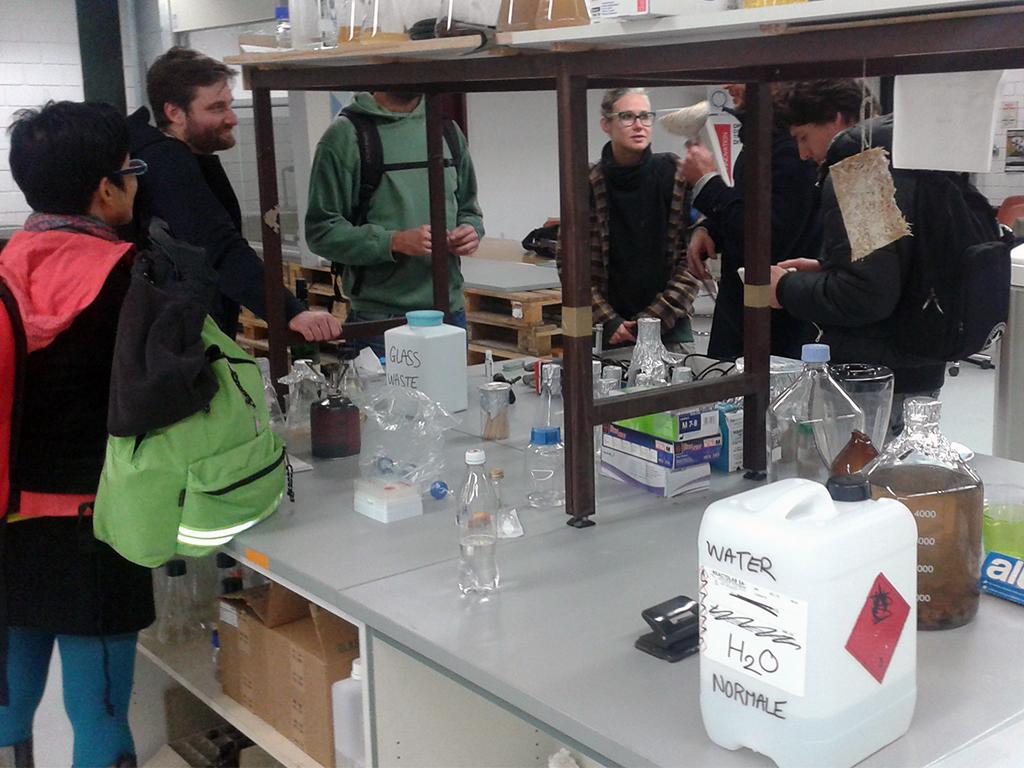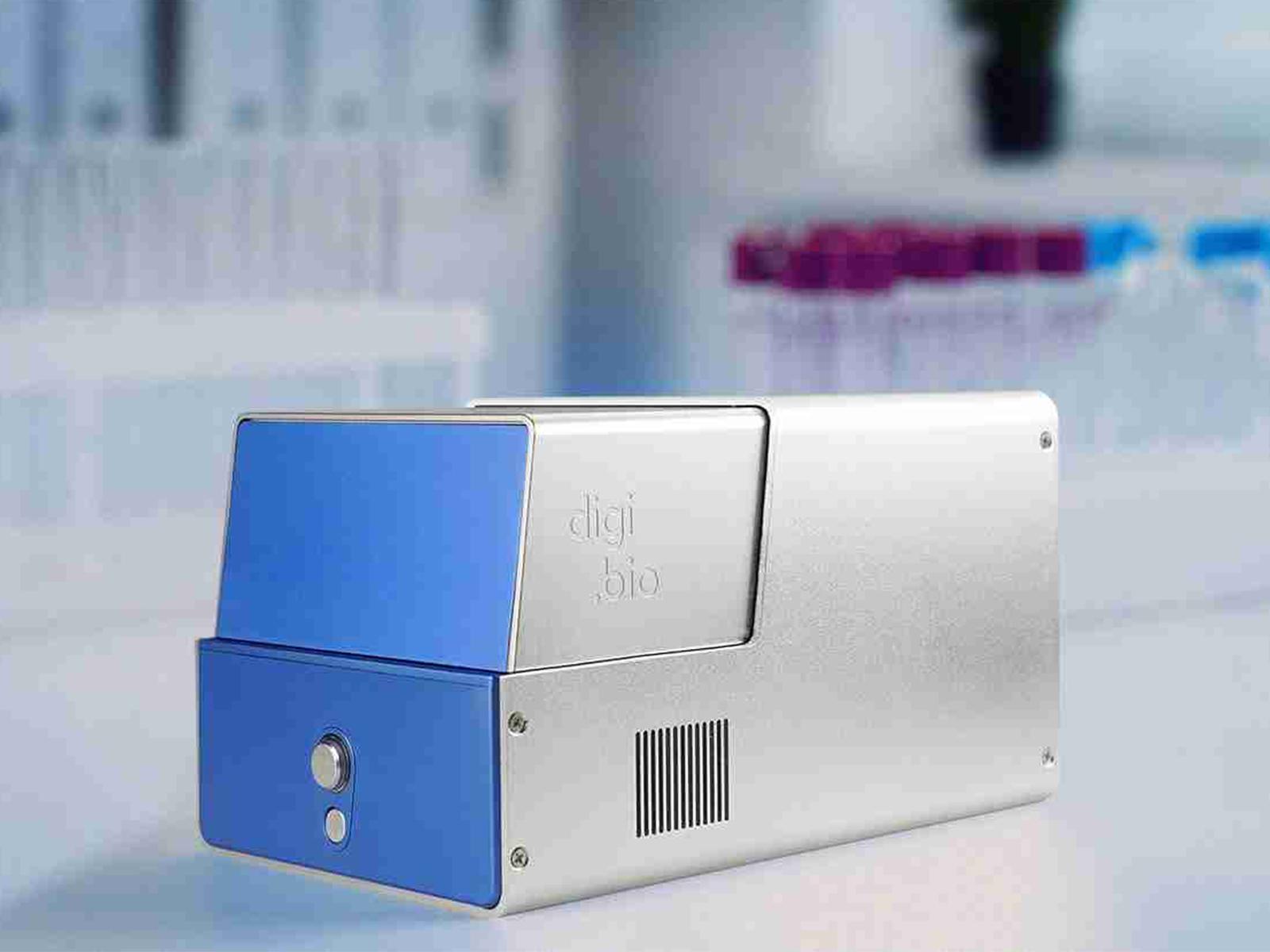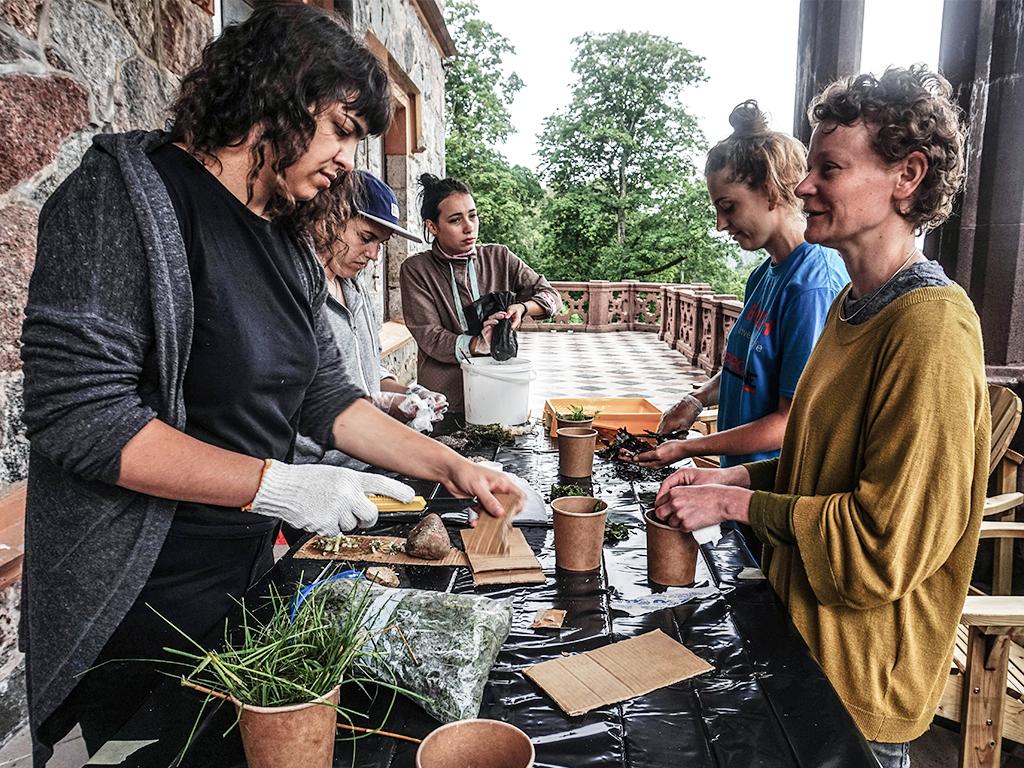In every corner of the recently opened Hackuarium in Lausanne plenty of unopened crates can be found. Autoclaves, acid chambers, bio reactors and lot of glass items are piled up to the ceilings - waiting, no, begging for a biohacker to give them a second life.
The evening I spoke here was part of a series of events at this relatively unknown biohackspace that should put it on the map. Together with Špela Petrič, Maurizio Montalti and Boris Magrini we gave the newborn hackers an insight in the world of bioart. Why would you want to get artists in your biohackspace? And what can you expect? The examples of our activities we brought with us like Do It Together Bio nights, Ivorish and The Other Dinner did speak to their imagination and will surely get some kind of follow-up in Switzerland.
Surrounded with all the lab equipment any biohacker would ever wish for, from a PCR machine to a 1,000 litres bio reactor, the possibilities at the Hackuarium are nearly unlimited. Its members seem to be overwhelmed by the generosity of universities and companies and are now organizing discussion nights to find out what they can do with all these machines.
Really, there is enough equipment available to open up a small vaccine factory. And you would still have enough spare machines to also open a DNA diagnostics firm, while producing your own bio fuels with algae. Walking through the enormous space we stumbled upon a box filled with dozens of chromatography columns (see photo below), including their packing. Put this on eBay and you would probably not have to work for the next decade.
But that's not what the members of Hackuarium are after. The DIYBio Code of Ethics is already up on the wall and shows a clear target: free and open accessible knowledge for everyone. In short, Hackuarium is a true biohacker's wonderland.



